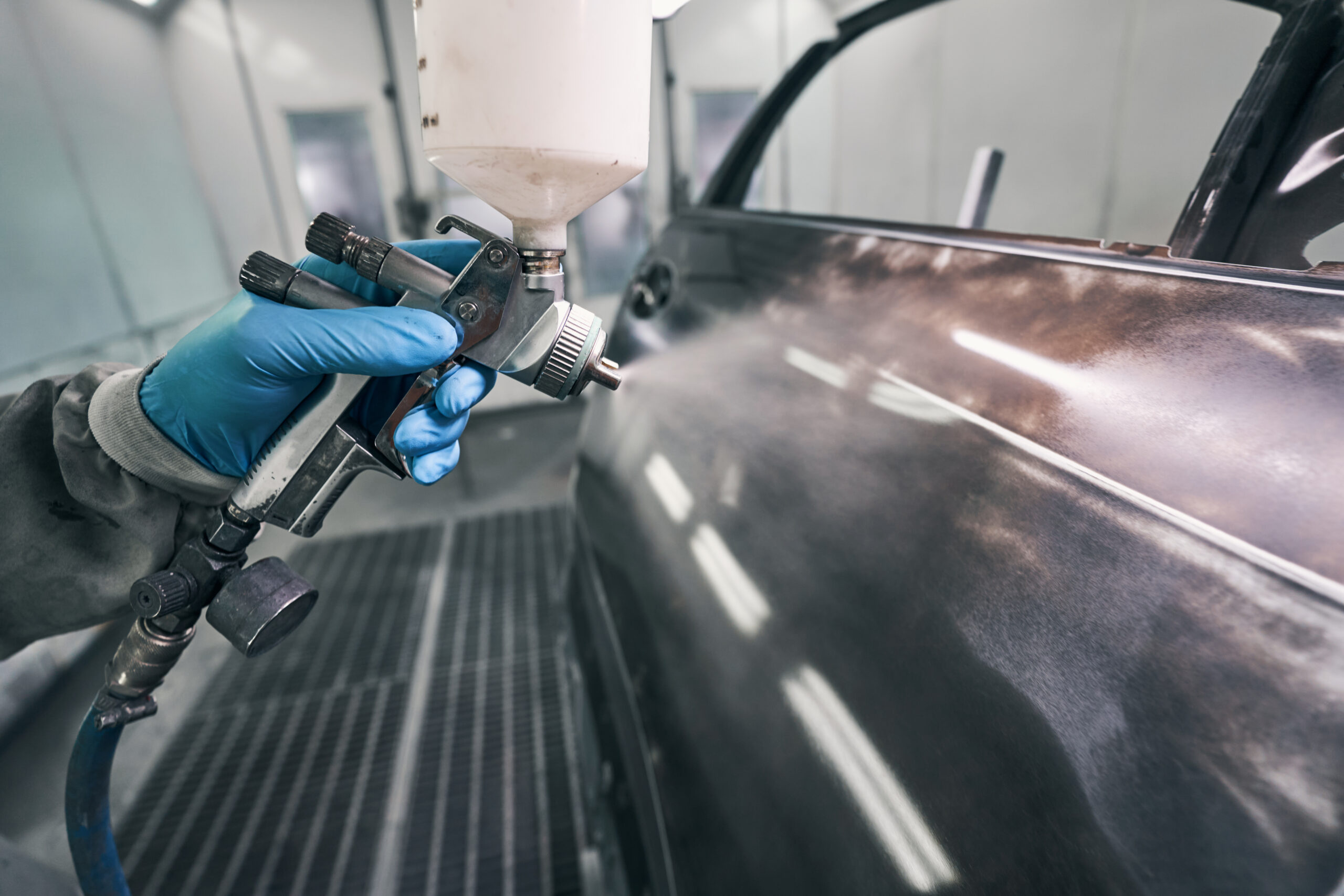A New Trade War in the Making?
In an unexpected blow to Britain’s luxury automotive sector, the United States has imposed a 25% tariff on UK-manufactured vehicles, sending shockwaves through the industry. While international politics often feel like background noise to repair shops, parts suppliers, and paint booth operators, this move is no distant diplomatic scuffle—it has immediate and tangible consequences for thousands across the UK’s automotive value chain.
Let’s unpack what’s happening, why it matters to every corner of the car industry, and what repairers and workshop owners should watch for next.
🚗 Brands Affected:
- Jaguar Land Rover (JLR) – Has paused all US-bound shipments, a clear signal of immediate disruption.
- Aston Martin – Forecasts a £30 million hit to profits, just as the company has regained momentum.
- Bentley, McLaren – High-margin, low-volume models suddenly face massive price hikes in their biggest export market.
These aren’t fringe players—they are core pillars of UK auto manufacturing, design, and brand value. For some of these brands, the US accounted for up to 25% of global sales.
Jobs and Output at Risk
The British automotive sector directly employs over 180,000 people, with tens of thousands more in downstream roles—from component manufacturing to dealership servicing. According to The Guardian and Financial Times estimates, over 25,000 jobs could be at risk if US-bound exports dry up.
“Layoffs are weeks away unless trade barriers are resolved,” warned one industry executive.
This isn’t just about factories in Solihull or Crewe. Think wider: software engineers in Coventry, paint supply companies in Sheffield, and logistics firms across the Midlands. Every supply chain cog feels the tremor.
Why Now? Understanding the US Motive
The tariff is being framed as part of broader US efforts to rebalance trade flows and protect domestic industry—but some suspect it’s also geopolitical. In post-Brexit reality, the UK has struggled to ink a new trade agreement with Washington, while the EU managed a partial reprieve. Now, UK-made vehicles face the same import penalty as those from high-volume nations like China.
Whether this is a negotiation tactic or a long-term posture remains unclear.
Repairers: Here’s Why You Should Care
Auto body shops and service centres might wonder How this will affect us if we don’t export cars.
Here’s how:
🔧 1. Parts Supply Chain Disruption
Luxury marques rely heavily on integrated global sourcing. If carmakers scale down US-bound production, OEM parts allocations may shift, especially for export-model components. Expect delays or pricing changes on:
- Specialised alloys
- Carbon fibre panels
- Engine modules and hybrid system parts
📉 2. Used Market Fluctuations
With US sales constrained, more UK inventory might be redirected to local and EU markets, depressing residual values. That affects:
- Bodyshops offering courtesy cars
- Dealership-affiliated repair centres with resale commitments
- Insurer assessments based on total-loss valuations
🔍 3. Diagnostics & ADAS Calibration
New model launches could be delayed, or software updates might be region-specific, depending on rollout priorities. Shops offering diagnostics or ADAS services should keep an eye on:
- Late-arriving updates for UK models
- Tech support bottlenecks
- Calibration tools compatibility for dual-market variants
What Comes Next?
The IMF recently downgraded the UK’s 2025 growth forecast to 1.1%, citing trade headwinds like this tariff situation. While the government attempts to salvage a deal, industry insiders expect more pain before relief.
“The sector can’t wait 18 months for the next round of trade negotiations,” says one Financial Times analyst. “It needs lifelines now.”
AutoBody Bible’s take? It’s time for strategic adaptation.
How the UK Automotive Sector Can Respond
✅ Diversify Export Markets
Carmakers must look beyond the US—emerging wealth in the Gulf, Southeast Asia, and Africa may offer lower regulatory hurdles and faster deal cycles.
🔁 Reinforce Domestic Value Chains
With export instability, servicing the UK’s internal fleet has become more critical than ever. That means:
- Investments in technician training
- Scaling parts, remanufacturing, and reconditioning
- Strengthening ties between OEMs and aftermarket players
⚙️ Advocate for Repair Inclusion in Policy
UK policymakers may pivot to industrial incentives or tech R&D grants if tariffs continue. Bodyshops and repair firms should ensure their role in the ecosystem is recognised in lobbying efforts.
Bottom Line: A Challenge but Also a Call to Innovate
US tariffs on UK-made vehicles represent more than a diplomatic dispute—they’re a real-world disruptor of production schedules, parts logistics, and workshop workflows.
However, as history has shown, the UK automotive sector has resilience and creativity in its DNA. From WWII-era factory pivots to post-Brexit supply chain re-engineering, British carmakers and repairers alike have always adapted. This moment is no different, but it demands awareness, agility, and a unified industry voice.
AutoBody Bible will continue to track this issue as it unfolds, keeping an eye on how it affects not just boardroom forecasts but also your shop floor.
Want us to explain how these changes might affect your ADAS tooling, hybrid repair planning, or supply chain strategies? Let us know, and we’ll put together a tailored guide.




